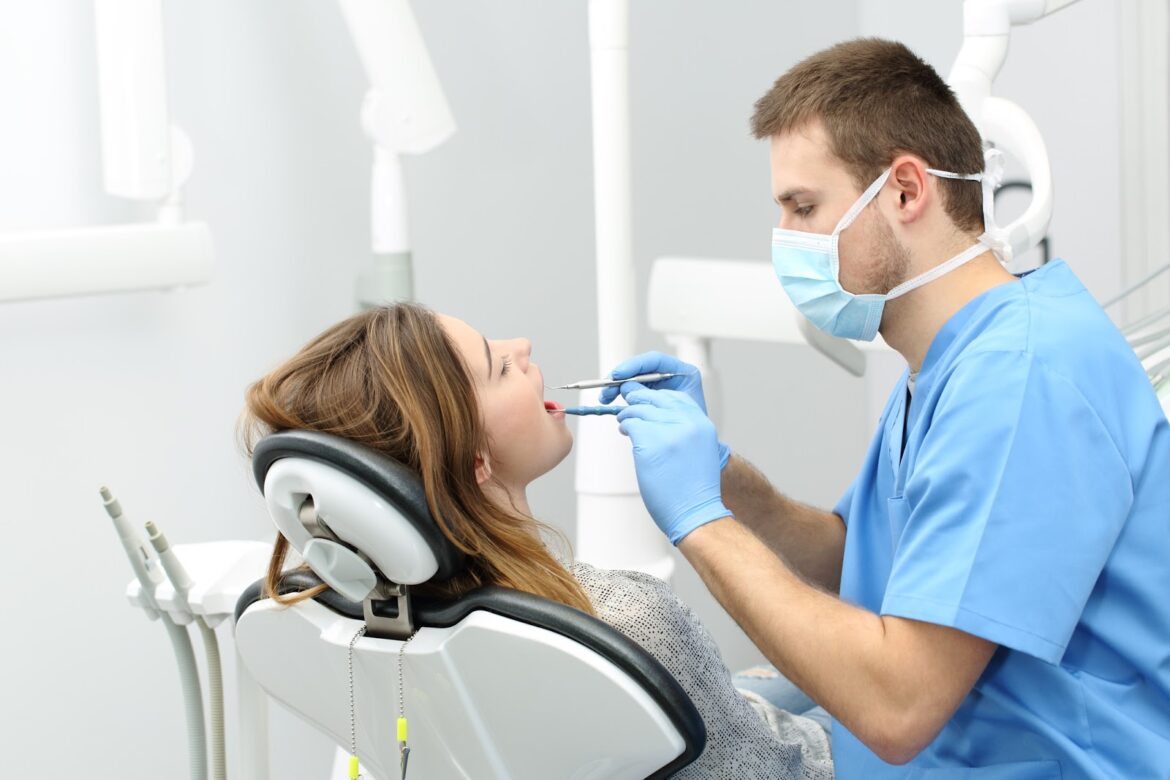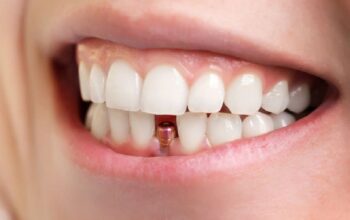If you suffer from dental fear, I presume you know how stressful and uncomfortable dental appointments can get. In the past, most patients would miss appointments due to dental fear. That’s in the past now! And for a good reason. Nowadays, there are various ways to relieve fear and stay calm during dental treatment. One of the common ways is dental sedation. It offers many benefits to patients and allows the dentist to work faster and effectively.
Dental sedation- What’s is it all about?
Dental sedation uses sedatives to keep a patient calm and relaxed during a dental procedure. The sedatives used may be in the form of tranquilizers, anti-anxiety drugs, or nitrous oxide. The process aims at relieving stress and pain, making the process more comfortable.
Smiles on Queen dentists will tell you that there are different types of sedation, and all have distinct benefits. Also, they will educate you on all forms of sedation to help you understand how this works and why you need it.
The common types of sedation include;
- Laughing gas
Laughing gas is a common form of sedation and is safe for both kids and adults. Your dentist may offer laughing gas to aid you to relax you have dental phobia. The professional will put a mask over your nose and advise you to take deep breaths. The gas takes a few minutes to start working, but you stay awake throughout the procedure.
- Oral sedation
Oral sedation is administered in the form of pills. These may make you feel drowsy and sleepy, and you need someone to drive you home after treatment. In case of oral sedation for a child, keep them at home after the appointment, and supervise them until the medicine wears off.
- IV sedation
IV sedation involves the insertion of an IV line into a vein in the crook of your arm. IV sedation in dentistry is also referred to as sleep dentistry and ensures a constant supply of anti-anxiety drugs during treatment. This keeps you calm and pain-free. IV sedation won’t put you to sleep but will help you relax and stay comfortable.
Who benefits from dental sedation?
For most dental patients, sedation helps relieve fear and pain associated with dental procedures. During your dental appointments, discuss your level of anxiety with your dentist to allow the provider to develop an appropriate treatment plan to suit your needs.
You can benefit from dental sedation if;
- You suffer from severe dental phobia
- Have a high tolerance for local anesthesia
- Have special needs like autism
- Have an uncontrollable gag reflex
- Have adverse reactions to local anesthetics
- Suffer from certain medical conditions like cerebral palsy
The bottom line
Dental sedation is a great way of alleviating fear and discomfort during dental procedures. There are different types of sedation, and the doctor will choose what suits your needs and the duration of the procedure. If you have dental phobia, don’ miss your appointment anymore. Discuss the sedation options available with your dentist, and enjoy a more pleasant experience at the dentist’s office.




